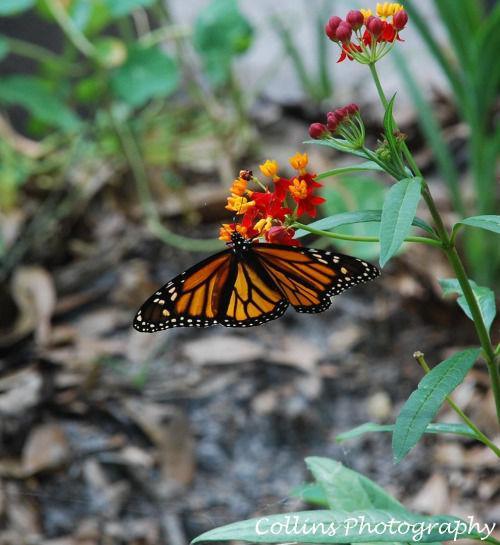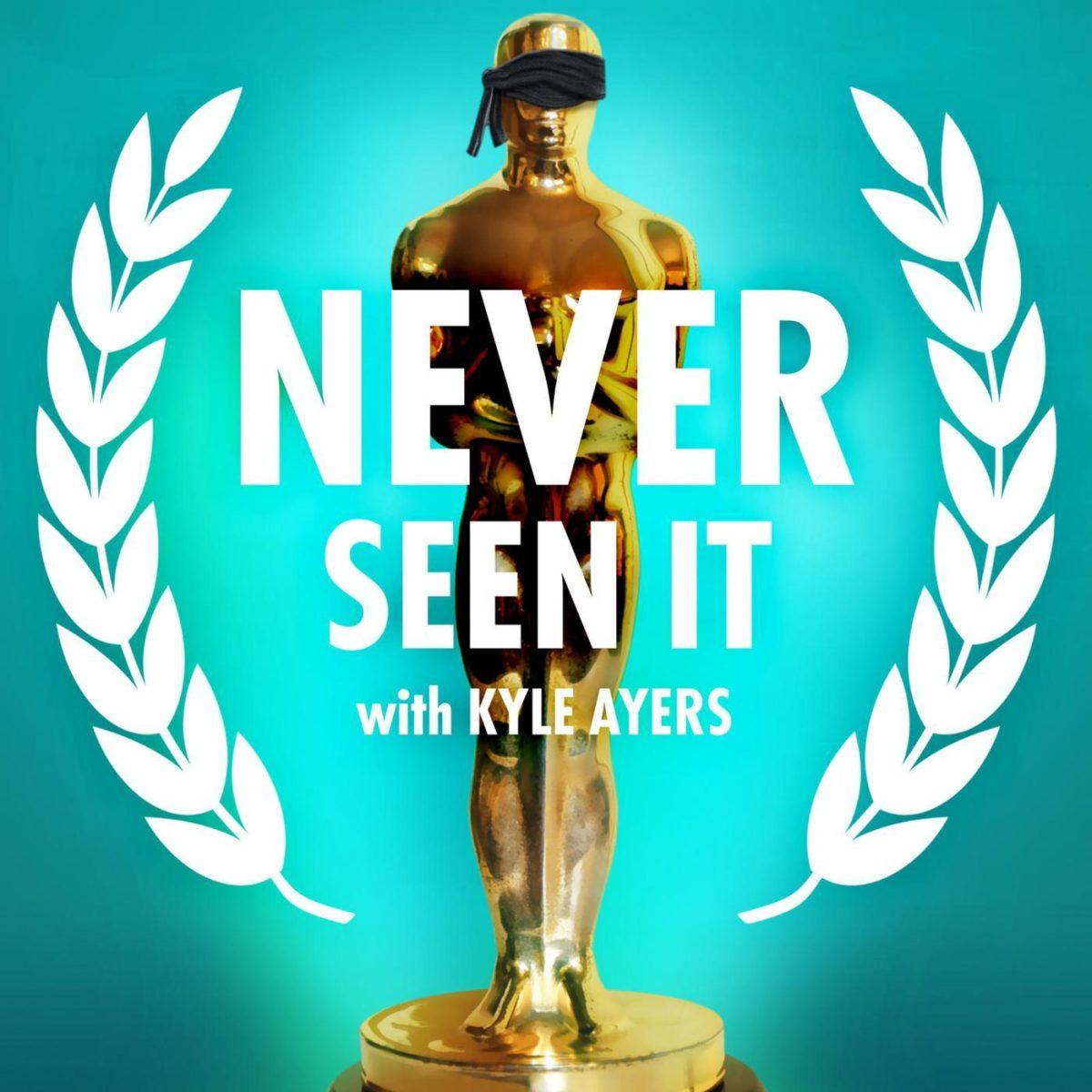Garrett Collins doesn’t remember the first real photo he ever took.
He imagines it was with his father’s camera growing up. He started taking more and more photos in Okinawa, Japan, where he went to high school. He took a photography class there, and began taking photos all around campus. Then, he started seriously getting into photography in Hawaii, where he stayed through breaks during college.
Collins, a photographer and philanthropist, is a military brat. (For those who have had no experience with military family life, that’s actually a term of endearment.)
He and his family have traveled the globe, going from state to state, country to country, and eventually landing at LSU, where he and his brother Russell Collins built community gardens in low-income neighborhoods— trying to better Baton Rouge and the planet any way possible.
Now in Florida, the LSU alumnus spends his time trying to better the world one picture at a time. Collins does event photography, but nature photography is the most special to him.
“It’s just better to deal with nature than it is to work for people, usually,” Collins said. “Taking pictures of nature, to me, is better than anything else.”
Flowers, birds, squirrels and lizards are frequent subjects in Collins’ photos. Collins appreciates nature for its beauty, and doesn’t explicitly seek out the subjects he photographs. He simply goes out into nature and captures what he finds, he said.
“I feel like there’s always something beautiful to take a picture of no matter what,” Collins said. “It’s just a matter of seeing it, being open to it.”
Collins is a true Renaissance man.
Along with photography, he teaches aerobics classes and continues to work on organic community gardens. He and his brother also grow their own organic food in their own garden nursery.
He could probably be the poster child for Whole Foods or any local farmer’s market.
“I feel like there’s always something beautiful to take a picture of no matter what,” Collins said. “It’s just a matter of seeing it, being open to it.”
Collins is a true Renaissance man.
Along with photography, he teaches aerobics classes and continues to work on organic community gardens. He and his brother also grow their own organic food in their own garden nursery.
He could probably be the poster child for Whole Foods or any local farmer’s market.
Collins said the largest problem to tackle is environmental preservations, as he believes people are currently destroying Earth and its nature for the next generation.
Everyone can contribute in small ways, Collins said, and even the smallest contributions make a difference. That’s why he and his brother Russell are still building gardens even after leaving LSU.
“When I was at LSU, I did some volunteering,” Russell said. “I volunteered at a local food pantry there in the downtown area. I saw that they were giving all these people really bad food that wasn’t good for them, and the produce had mold on it, it was expired. We just saw a need a decided to start building gardens for people.”
Russell said it’s of the utmost importance that people, especially low-income and impoverished people, get quality food.
The food many people choose to eat, with chemicals most can’t even pronounce, starts to degrade their mental faculties, and problems arise, Russell said. He believes fresh food free from chemicals will help to eliminate these problems within humans, as well as the surrounding ecosystems.
“You can just see the epidemic of health problems that this country is facing on a daily basis,” Russell said. “There’s diabetes, obesity and everything associated with that. We just feel it’s very important to give people access to quality, fresh, good wholesome foods that aren’t made with lots of chemicals and preservatives.”
Collins said it’s important that all the food he and his brother grow is organic, and that all the food in the community gardens is organic as well.
“Mainly it’s about being at harmony with the whole system,” Collins said. “If we were going to be non organic, if we were going to apply things to the plants like pesticides, we’re not going to have these beneficial organisms.”
Collins uses the monarch butterfly as an example of why organic food is important to the ecosystem. Many monarchs are dying, Collins said, because plenty of stores sell butterfly bushes, but spray them. The butterflies eat off of these plants and die, which has caused major suffering in the population.
He said this all ties back to why he loves to photograph nature. Capturing these butterflies and other species on camera is another way for Collins to preserve it, to save it. If he can’t save these creatures or the Earth, the least he can do is forever preserve their beauty in photos, he said.
Despite what he deems bleak projections of Earth’s environmental future, Collins remains optimistic, choosing to embrace the best parts of his life instead of the negative parts. It’s the way he has to be, he said.
“The way I look at it is, there’s always beautiful things to take pictures of and there’s always beautiful things to experience,” Collins said. “If we’re open to them, we’re going to find those things, and whether we’re looking for them or not, they’re going to be there.”
Garret Collins
March 10, 2016





